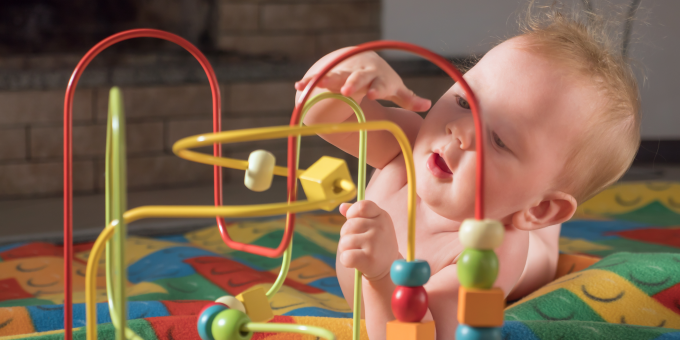
As a parent of a child with autism, I have firsthand experience in navigating the unique challenges and joys that come with raising a child on the spectrum. Throughout this journey, I have found solace and strength in the philosophy of Stoicism, which has empowered me to better understand and support my child. In this blog post, I would like to share with you some insights on how embracing Stoic principles can inspire and support parents like us, as we raise our children with autism. Alongside this, I will also discuss how various therapy services, such as ABA, speech therapy, occupational therapy, psychological assessments, therapy, educational support, and specialized preschool and school programs can further contribute to our children’s growth and development.
Embracing the Stoic Concept of Acceptance
At the heart of Stoic philosophy lies the understanding that we should focus on the things we can control and accept the things we cannot. For parents of children with autism, this means acknowledging their child’s unique abilities and challenges, and focusing on what they can do to support their child’s growth and development. This mindset of acceptance allows parents to build resilience and maintain mental well-being in the face of daily challenges.
For example, while a child’s autism diagnosis may be something out of a parent’s control, they can choose how to respond to it by seeking out support and therapies that cater to their child’s needs. Dynamics Therapy Group offers a range of services that can be tailored to help each child reach their full potential. ABA therapy can help with behavior management and skill development, while speech therapy can enhance communication skills. Occupational therapy can also support the development of essential life skills and sensory regulation, further empowering the child in their daily life.
Building Patience and Resilience
Stoicism teaches us the importance of developing patience and resilience in the face of adversity. Parents of children with autism often encounter various challenges, from navigating the complexities of therapy to advocating for their child’s needs at school. By practicing Stoic principles, parents can learn to manage their emotions and cultivate inner strength.
Our psychological therapy and educational support services can help parents build resilience, as they learn effective strategies to cope with stress and challenges. For instance, our psychologists can guide parents through mindfulness techniques to help them stay present and focused, while our educational specialists can provide insights into creating a supportive learning environment for their child.
Fostering a Growth Mindset
Stoicism encourages us to view challenges as opportunities for growth and learning. By adopting a growth mindset, parents can transform their approach to their child’s autism, seeing it not as a limitation but as a unique path to personal development for both the parent and the child.
Our small preschool and school programs are designed to foster this growth mindset in both parents and children. By focusing on individual strengths and providing personalized support, we help children with autism thrive in a nurturing environment. As a result, parents can witness their child’s progress and development, further reinforcing the Stoic concept of embracing the journey with acceptance and resilience.
Conclusion
The philosophy of Stoicism can provide a powerful framework for parents navigating the challenges of raising a child with autism. By embracing acceptance, cultivating patience and resilience, and fostering a growth mindset, parents can create a supportive and nurturing environment for their child. Our center is dedicated to helping families on this journey by offering tailored services designed to empower children with autism and their parents. By combining the wisdom of Stoicism with our professional support, we can work together to create a brighter future for these remarkable children and their families.




